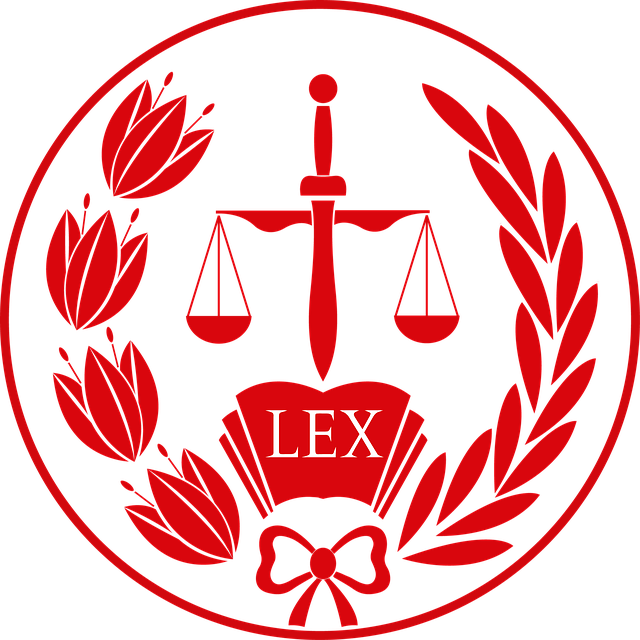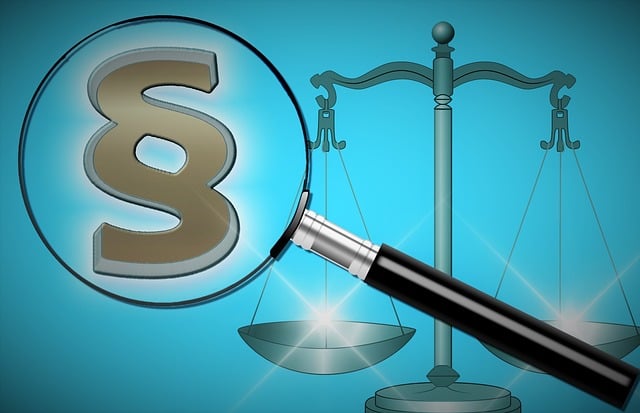TL;DR: Uncovering corporate crimes requires a meticulous process from initial suspicion to legal resolution, focusing on evidence gathering and analysis. Similar strategic steps are taken to overturn wrongful convictions, involving evidence collection, prosecution review, legal research, appealing with compelling arguments, and potential hearings. Specialized legal teams in both scenarios employ advanced tactics, business law knowledge, and procedural expertise to challenge verdicts, aiming for acquittal or reduced sentences.
Corporate Crime Investigations: Unveiling Truths and Justice
In today’s complex business landscape, understanding corporate crime investigations is paramount. This article delves into the intricacies of uncovering and addressing wrongful convictions within organizations. From exploring the fundamental concepts and legal frameworks to providing a practical step-by-step guide for investigations, we offer valuable insights. Learn effective strategies employed by expert legal teams to navigate the process and ultimately steps to overturn a wrongful conviction.
- Understanding Corporate Crime Investigations: Uncovering the Basics and Legal Framework
- The Process of Investigating Wrongful Convictions: A Step-by-Step Guide
- Strategies for Success: Overseen by Expert Legal Teams to Overturn a Conviction
Understanding Corporate Crime Investigations: Uncovering the Basics and Legal Framework

Corporate Crime Investigations delve into complex matters, unraveling misdeeds within organizations. It involves a meticulous process, from initial suspicion to legal resolution, aimed at uncovering truth and ensuring accountability. Understanding this framework is crucial for those seeking justice, especially when aiming to overturn a wrongful conviction.
The journey begins with gathering evidence—a critical step in any investigation. This includes financial records, emails, witness statements, and more, piecing together the puzzle of corporate misconduct. Legal frameworks guide this process, providing guidelines on admissible evidence and fair practice. By navigating all stages of the investigative and enforcement process, legal teams can build robust cases. These efforts are vital to protect the rights of individuals and maintain integrity within the philanthropic and political communities, ensuring justice for their clients. Remember that, in these complex scenarios, the steps to overturn a wrongful conviction rely on thorough investigation and a solid legal foundation.
The Process of Investigating Wrongful Convictions: A Step-by-Step Guide

Investigating wrongful convictions is a meticulous process that requires a strategic approach to ensure justice. The goal is to uncover the truth and rectify past errors. Here’s a simplified guide on how to navigate this complex journey.
1. Gathering Evidence: The initial step involves amassing all relevant documents, witness statements, and physical evidence related to the case. This may include reviewing trial records, police reports, and any new information that could potentially change the outcome. A general criminal defense strategy often starts with a thorough review of the facts.
2. Identifying Misconceptions: Analyze the original prosecution’s case for any flaws or discrepancies. Look for weaknesses in witness testimonies, scientific errors, or procedural mistakes. These mistakes can be crucial in achieving extraordinary results and overturning a wrongful conviction. For instance, if DNA evidence was mishandled or an innocent alibi was overlooked, these could be compelling reasons to appeal.
3. Legal Research: Conduct extensive legal research to identify similar cases and successful appeals. Understanding previous outcomes can provide valuable insights into building a strong argument. The aim is to find precedents that support the claim of wrongful conviction.
4. Filing an Appeal: Prepare and file a detailed appeal with the appropriate court, presenting the gathered evidence and legal arguments. The petition should highlight why the conviction was unfair and how it violates the defendant’s rights. A well-crafted appeal can significantly impact the chances of success.
5. Presiding Over a Hearing (if necessary): In some cases, a hearing may be required where both sides present their arguments. This is an opportunity to address any procedural errors or inconsistencies directly to the judge. Skilled legal representation is vital during these hearings, ensuring all relevant facts are considered.
6. Decision and Potential Review: After the hearing, the court will render its decision. If successful, the conviction is overturned, leading to freedom and a fresh start for the wrongfully convicted individual. In some instances, the prosecution may appeal further, continuing the process until a resolution is reached.
Strategies for Success: Overseen by Expert Legal Teams to Overturn a Conviction

When facing a corporate crime investigation, one of the key strategies for success lies in the expertise of legal teams specialized in overturning wrongful convictions. These teams employ meticulous steps to ensure justice is served, and their clients’ rights are protected. The process involves a comprehensive review of evidence, often uncovering overlooked details or discrepancies that can significantly impact the case.
By utilizing advanced legal tactics, these experts navigate complex business laws and regulations, specifically tailoring their approach for each respective business scenario. Their goal is to present compelling arguments that challenge the original verdict, potentially leading to acquittal or reduced sentences in jury trials. This involves extensive research, strategic planning, and a deep understanding of procedural rules, all aimed at correcting past mistakes and securing favorable outcomes for their clients.
Corporate crime investigations are intricate processes that demand meticulous attention to detail and a deep understanding of legal frameworks. By following structured steps, from initial evidence collection to expert analysis, it is possible to overturn wrongful convictions. Engaging specialized legal teams equipped with strategic insights and a proven track record can significantly enhance the chances of success in these complex cases. Remember, each step in the process plays a vital role in navigating the legal landscape and achieving justice.






